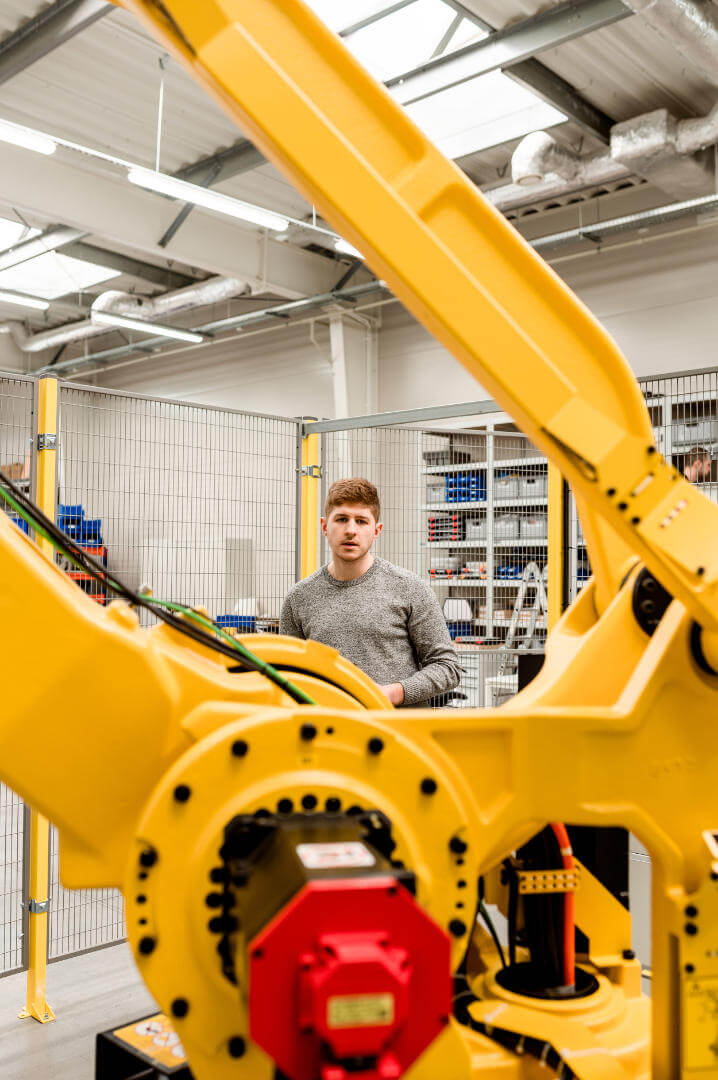
Robotization is a term that has become almost synonymous with progress in recent years. As technology continues to advance, our dependence on machines has also grown, and humans are increasingly cooperating with them. How much does this interaction with robots impact our daily lives and the future? How deep should it go, and what is it fundamentally about? Read the article to learn more about automation in the modern world.
To determine how the cooperation between humans and robots should effectively function, we must first understand the role that such machines play in the production and automation process. Increasingly, these machines are used to perform a wide range of tasks, from simple activities like cleaning to far more complex ones, such as conducting medical procedures. As a result, we are becoming increasingly dependent on devices and our interactions with them, presenting a new challenge for humanity.
What does the role of robots in automation mean? They are part of larger systems in which humans hold the supervisory and managerial role. The role that these machines play in processes such as industrial operations is multidimensional but always boils down to the execution of tasks defined by humans. Cooperation and interaction are mutual in this case, with the guidelines set by programmers and users remaining crucial.
Of course, the most striking examples of humanoid machines come to mind, but apart from cleaning robots or technological wonders that can perform surgeries with precision comparable to the best doctors, there are also other intelligent devices. They are involved in tasks such as analyzing vast amounts of data, aiding in disease diagnosis, or forecasting climate changes. The interaction between humans and robots also includes sending machines where human feet cannot reach, such as the depths of the ocean or outer space. Automation is equally important here because it allows these devices to adapt to changing conditions.
To what extent can cooperation between humans and machines go? Can such interaction lead to any potential dangers? Should we completely give up on such cooperation, believing that robots and collaborating with them pose a threat to us?
There is no denying that they are becoming increasingly technologically advanced, and their ability to interact with people is growing. Automation processes involving modern, intelligent devices can raise concerns related to safety, especially when these tasks are so complex that it is the machine that must make decisions.
This does not change the fact that at the current stage of technological development, robots are still (for now?) dependent on humans, who can simply disconnect them from the power source when needed. Human qualities such as emotions, intuition, or the ability to form relationships—areas free from automation—are currently beyond the reach of machines. What the future holds, only time will tell.